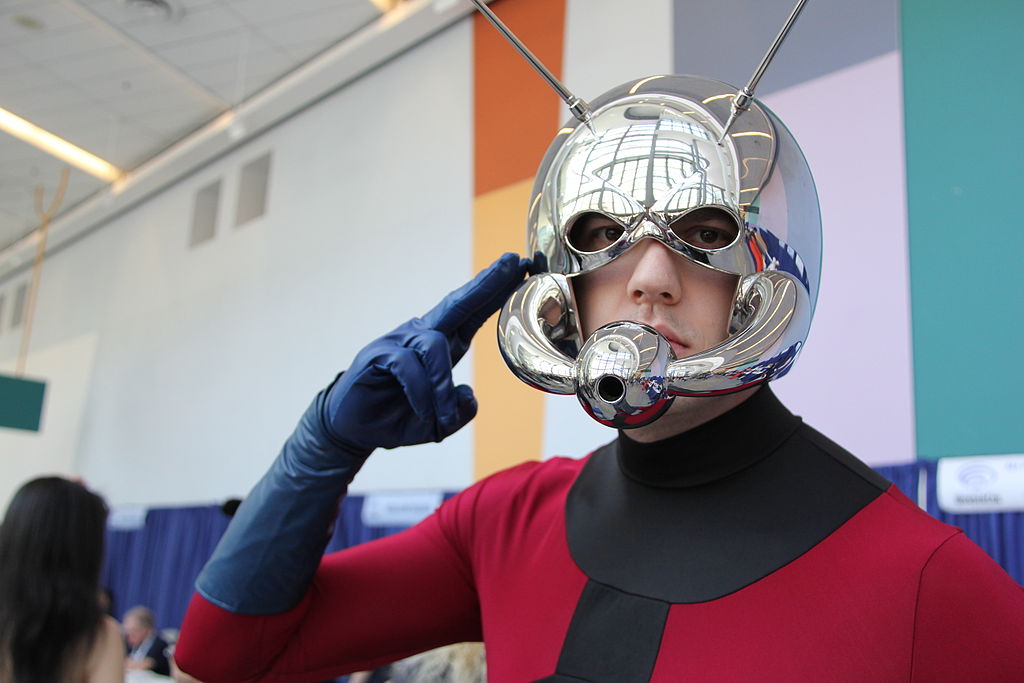What Does Ant-Man Say about our Morals?
If you have not yet viewed Marvel’s latest production, Ant-Man, take this as the obligatory spoiler alert. Those who have viewed this perplexing film about an ant-size superhero that saves the world, however, probably have several questions running through their minds: How can such a small superhero be so powerful? Will Ant-Man join other Marvel heroes in future films? But the most important question, one that has yet to be asked by the masses, is what the very idea of Ant-Man and the plot of Marvel’s film says about our morals and whether the ideas in this film allude to a bigger problem in terms of warfare.
With any discussion of drones and other advanced means of attack, it is important to distinguish what society accepts as right and wrong (ethics) and what individuals believe to be right and wrong (morals). For the purpose of this analysis, the moral code of characters in the film will be utilized to discuss what the movie might predict about our own morality and the possibility of machines that can save, or destroy, the world.
Others have already pegged Ant-Man as one of Marvel’s most controversial super heroes. However, the very idea of Ant-Man’s technology being possible (a suit made for a man that decreases the space between atoms, making him the size of an ant but with super strength) is enough to trigger the moral question: Is it right for a piece of technology to be able to control the world? More specifically, the technology of Ant-Man’s suit, created by Dr. Pym and viciously recreated by Cross in the film, allows for an individual to carry out a small, but mighty surprise attack on others, quickly, and if mass produced, through the means of an army of Ant-Man style assailants. Dr. Pym hides the technology in the film, knowing its capacity for destruction if found by the wrong person. True to his name, Pym’s protégé, Cross, creates a stronger version of Ant-Man (Yellow Jacket), undoubtedly increasing the technology’s capacity to destroy. The two men differ in their individual moral code, which unfortunately alludes to the idea that there are others who would share Cross’ dreams of destruction.
As the movie’s climax clearly exhibits, this type of technology in the hands of someone whose moral values “okay” mass destruction might be enough to spark the end of the world. Circling back, the very existence of Ant-Man and his technology, as told through this Marvel film, alludes to a greater question of individual morality in the case of total world control. The film’s Pym vs. Cross conundrum paints the important but terrifying picture of what has the potential to be a modern day version of Armageddon.





